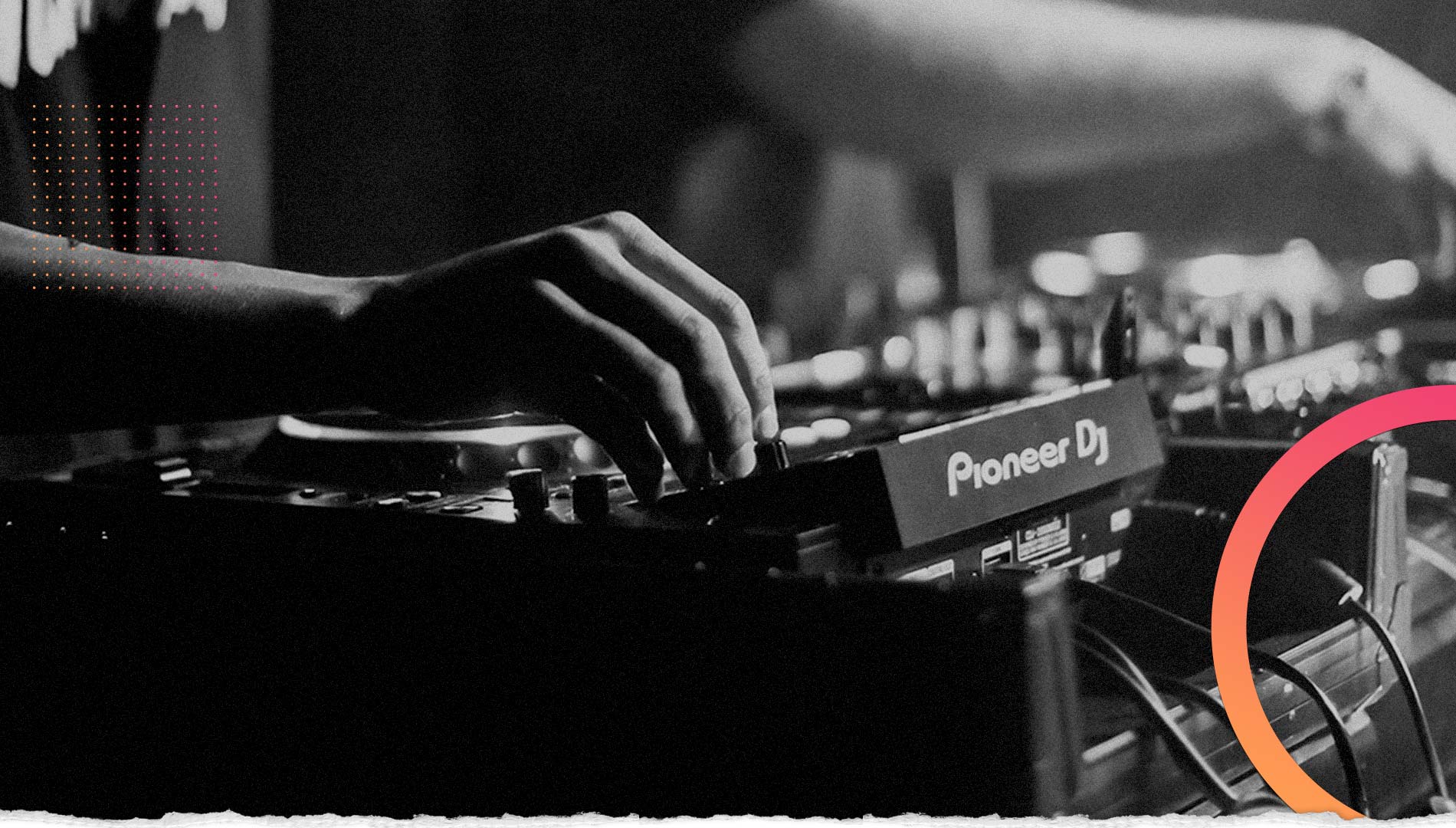Listeners:
Top listeners:
-
 play_arrow
play_arrow
Electromusic FM RADIO ONLINE 24/7
-
 play_arrow
play_arrow
London Calling Podcast Yana Bolder
AFP – Recent scores in mathematics among 13-year-old American students are at their lowest in decades, prompting concern from parents, educators and authorities.
And while teachers look at various ways of promoting learning in this area, a new Turkish study suggests that music could be a solution to issues of innumeracy or mathematical illiteracy.
Dr Ayça Akin of Antalya Belek University came to this conclusion after analysing 55 studies from around the world involving a total of 78,000 learners.
The researcher found that students achieved better results in mathematics when music was part of their lessons. Music can be integrated into maths instruction in a number of ways.
For instance, students can clap their hands to songs with different rhythms when learning numbers and fractions, or use mathematics to design musical instruments.
Previous scientific studies have indicated that children who are gifted musically are often also gifted when it comes to mathematics. But up until now, scientists have been unable to determine with any certainty whether instruction in music actually improves pupils’ math skills.
This hypothesis was put to the test by analysing maths test results of students who had taken part in a music workshop.
Their numeracy and problem-solving skills were assessed before and after taking part in these sessions, to determine whether they had reaped any benefits in terms of math capabilities.
The workshops in question consisted of classes in which the students sang, listened to and composed music; sessions in which the young participants learned to play an instrument, either individually or as part of a group; and math classes incorporating music directly.
CLOSER THAN ONE MIGHT THINK
Akin found that the use of music led to an improvement in young people’s maths skills over time. The math lessons that integrated music as part of the class were particularly successful, with 73 per cent of the students who took them achieving significantly better results than the control group.
And that’s not all: 69 per cent of students who learned to play an instrument and 58 per cent of those enrolled in music classes made greater progress in mathematics than young people who did not take part in any introductory music workshop.
There are several factors that help explain this phenomenon, as outlined in the study, published in the journal Educational Studies.
The use of music in math instruction seems to boost students’ motivation and reduce the anxiety associated with learning a subject reputed to be difficult and demanding. It also enables them to see mathematics in a new light.
After all, the two disciplines have more in common than you might think, such as the use of symbols and symmetry. They also require abstract thinking and quantitative reasoning.
What’s more, music and mathematics can only be mastered by repeated practice, even if some people naturally find it easier than others.
That’s why Akin is calling on teachers to rethink the way young people are taught maths.
“Encouraging mathematics and music teachers to plan lessons together could help ease students’ anxiety about mathematics, while also boosting achievement,” she said in a statement.
Written by: Soft FM Radio Staff
Similar posts
Electro Music Newsletter
Don't miss a beat
Sign up for the latest electronic news and special deals
EMAIL ADDRESS*
By signing up, you understand and agree that your data will be collected and used subject to our Privacy Policy and Terms of Use.
Podcast episodes
 Invalid license, for more info click here
Invalid license, for more info click here
Copy rights Soft FM Radio.





